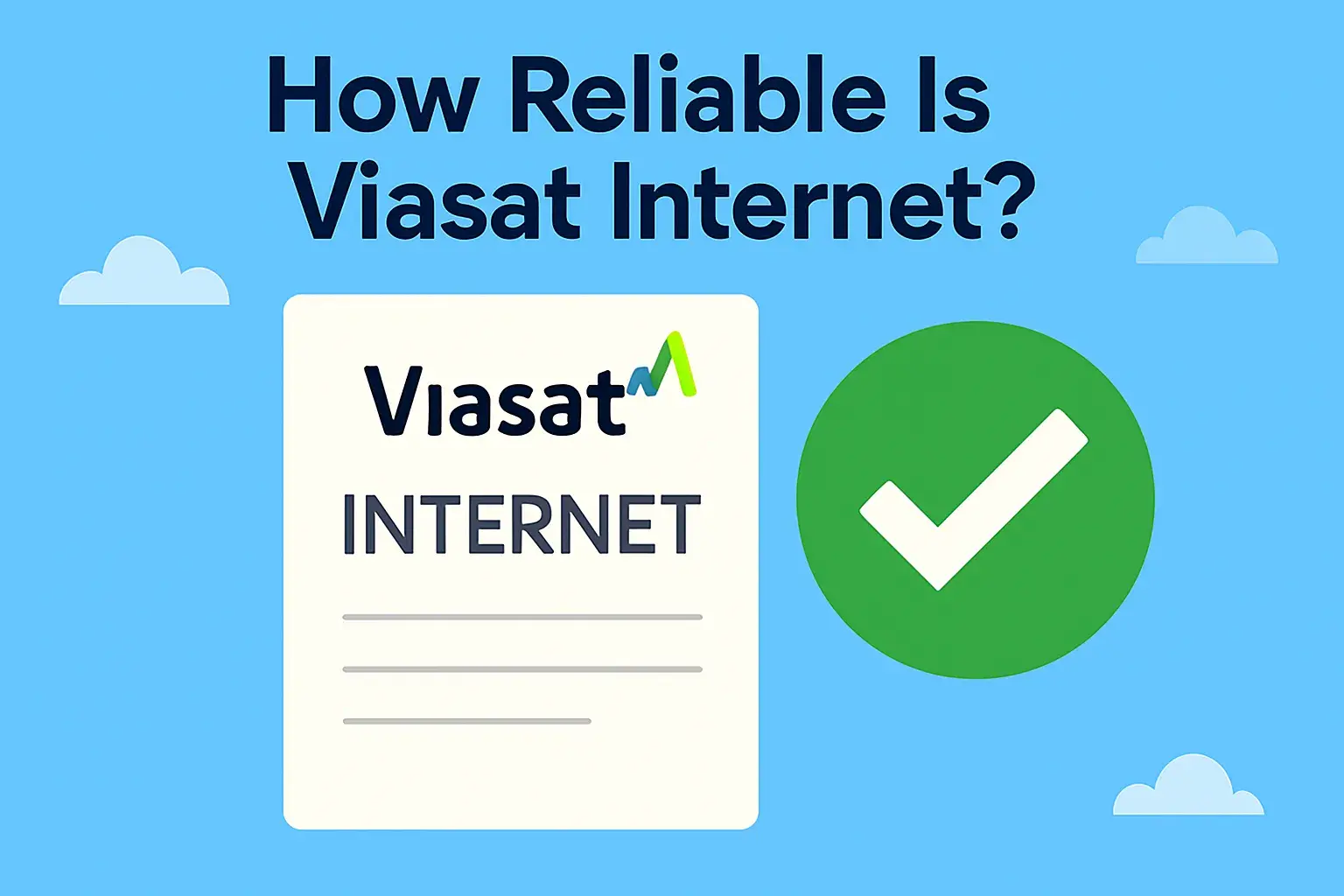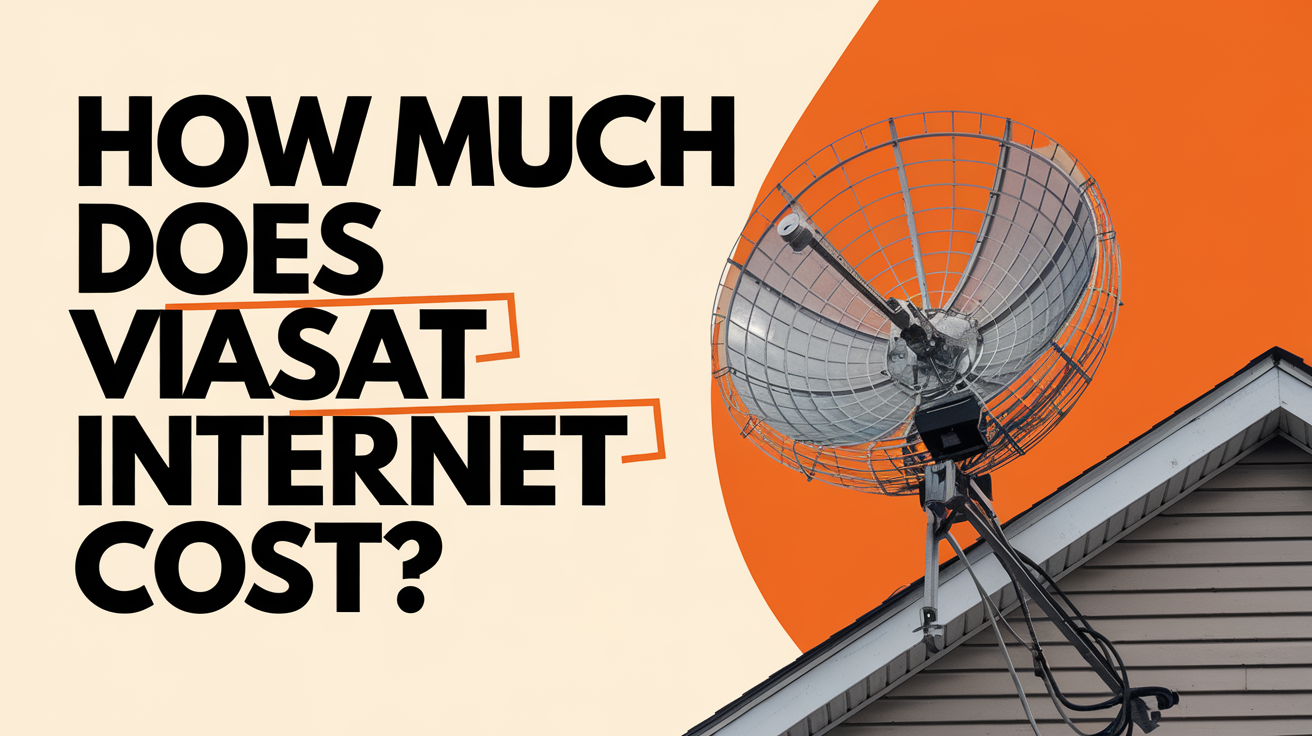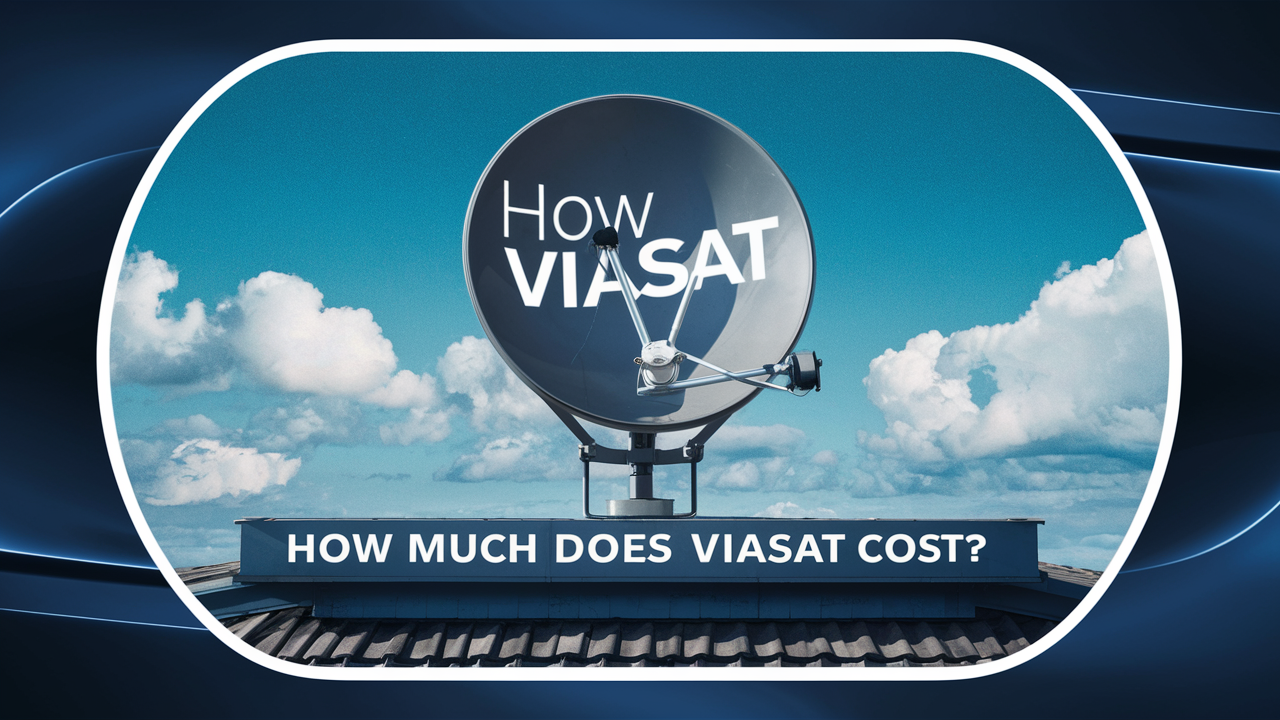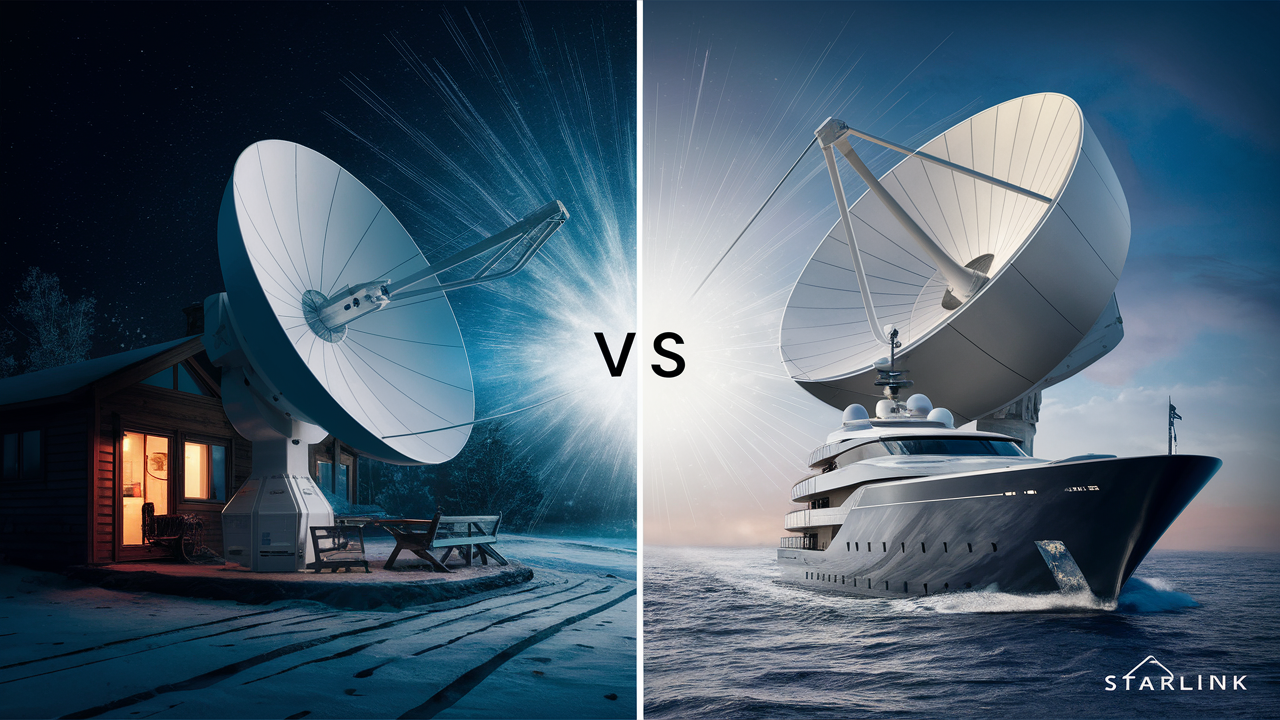-
Posted on: 15 Jul 2024

-
Viasat Internet is a leading satellite-based provider offering broadband services in rural and underserved areas where traditional fiber or cable options are limited. However, one of the most common questions among potential customers is: "How reliable is Viasat Internet?" In this guide, we’ll provide a comprehensive review of Viasat’s reliability in terms of uptime, consistency, latency, weather resistance, customer service, and real-world user experiences.
Understanding Internet Reliability
Internet reliability can be defined by a few key criteria:
- Uptime: How consistently the service stays connected.
- Speed Stability: Whether the internet speed remains steady or fluctuates significantly.
- Latency: The time it takes for data to travel from source to destination.
- Performance in Bad Weather: Satellite signals can be affected by weather, unlike wired options.
- Technical Support: Quick and efficient troubleshooting from the provider is essential for reliable service.
Viasat’s Uptime: What You Can Expect
Viasat boasts strong uptime performance due to its network of high-capacity satellites like Viasat-2 and the newly launched Viasat-3 constellation. Users can generally expect 99.5% uptime, comparable to other top-tier providers. However, minor outages may occur due to natural obstructions like dense cloud cover or technical maintenance.
Speed Stability and Performance
Viasat offers speeds up to 100 Mbps in some areas, but average performance varies depending on location, congestion, and plan. Users on premium plans experience more consistent performance, while those on entry-level plans may notice throttling after hitting data thresholds. Speed tests conducted during peak vs. off-peak hours show some fluctuation, but the service is generally stable for regular activities like browsing, emailing, and streaming in SD or HD.
Latency: Is Viasat Good for Gaming and Video Calls?
Viasat’s satellite nature inherently introduces higher latency than cable or fiber. Average latency ranges between 600–800 ms. While this is acceptable for browsing and streaming, it poses a challenge for fast-paced online gaming and real-time Zoom or Teams meetings. However, for turn-based or slower-paced games and casual video calls, users often manage well.
How Does Weather Affect Viasat Internet?
Bad weather can slightly affect Viasat’s performance. Heavy rain, snow, or thick cloud cover may reduce signal strength or cause temporary service interruptions. However, Viasat mitigates this with advanced signal routing and satellite positioning, minimizing downtime. Most users experience only minor disruptions during severe weather events.
Customer Reviews and Feedback
Customer feedback is mixed but improving. Many rural users praise Viasat as their only dependable internet option. While some customers complain about data caps and speed slowdowns during peak usage, others appreciate the consistency compared to DSL or older satellite competitors. Viasat continues to invest in satellite infrastructure, which has resulted in reliability improvements year-over-year.
Technical Support and Maintenance
Viasat offers 24/7 technical support through online chat, phone, and community forums. Customers report that troubleshooting response time is generally quick, especially for hardware or signal issues. Installation and on-site service are scheduled efficiently, adding to the reliability experience.
Equipment and Installation Quality
Viasat uses a professionally installed satellite dish and modem/router. Proper dish alignment is crucial for a strong signal. Once installed, the hardware is typically low-maintenance. Many customers report their systems working for years without needing repairs, provided there’s no physical damage.
Comparison with Other Satellite Providers
Compared to HughesNet, Viasat offers faster speeds and more flexible data plans, making it a more reliable choice for moderate-to-heavy internet users. Starlink, a newer satellite competitor, offers lower latency due to its low-Earth orbit network, but its service is not as widely available yet and comes at a higher cost. Viasat remains a strong, proven option, particularly in remote regions.
Tips to Improve Reliability
- Choose the right data plan to avoid throttling.
- Use a quality router to extend and stabilize your home Wi-Fi network.
- Install surge protectors to guard against outages caused by power surges.
- Position the satellite dish with a clear view of the southern sky.
- Close background applications that consume bandwidth.
Conclusion: Is Viasat Reliable?
Yes, Viasat is a reliable internet solution, especially for rural and underserved areas. While it has inherent limitations like higher latency and weather sensitivity, it delivers solid uptime, steady speeds, and dependable customer support. For users who value availability and consistent performance over ultra-low latency, Viasat is a strong contender in the satellite internet space.
Frequently Asked Questions (FAQs)
Is Viasat Internet reliable for work-from-home setups?
Yes, Viasat is generally reliable for work-from-home tasks such as emailing, document sharing, and video calls. However, latency may affect real-time collaboration tools like Zoom or Microsoft Teams during peak hours.
Does Viasat Internet go out often?
No, Viasat maintains strong uptime. Temporary outages can occur due to bad weather or maintenance but are infrequent.
Can I use Viasat Internet during storms or snow?
Yes, though performance may slightly drop during extreme weather, Viasat’s technology ensures the signal remains relatively stable during storms or snow.
Is Viasat more reliable than HughesNet?
In most cases, yes. Viasat offers faster speeds, more robust satellite infrastructure, and better data options compared to HughesNet, making it a more reliable choice for heavier internet users.
How can I make my Viasat connection more reliable?
You can improve reliability by ensuring your satellite dish has a clear view of the sky, limiting device bandwidth usage, and maintaining up-to-date firmware on your router.





